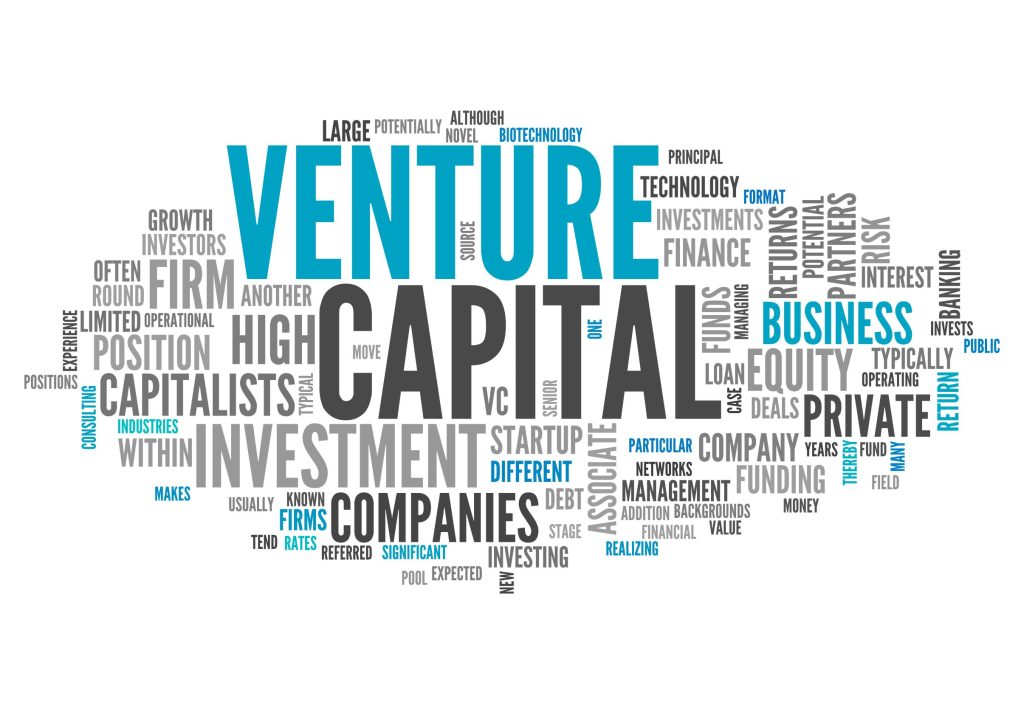
Venture capital plays a significant role in fueling the growth of startups, enabling early-stage companies to turn innovative ideas into scalable businesses. As technology continues to disrupt traditional industries, the influence of venture capital has become increasingly important in shaping the future of entrepreneurship. Michael Shvartsman, a seasoned investor and entrepreneur, offers his perspective on how venture capital is impacting the startup landscape and what entrepreneurs need to know to navigate this dynamic environment.
- Fueling Innovation and Growth
Venture capital firms provide the financial backing that many startups need to get off the ground. For companies with bold ideas and disruptive business models, securing early investment is often the first step toward scaling their operations. This support goes beyond financial resources, as venture capitalists often provide strategic guidance, industry connections, and access to talent, all of which can accelerate a startup’s growth trajectory.
Michael Shvartsman highlights the transformative role that venture capital can have in enabling young businesses to grow. “Venture capital is about much more than funding. It’s a partnership that can take a great idea and turn it into a sustainable business. With the right guidance and resources, startups can expand faster and seize opportunities that might otherwise be out of reach.”
- Dealing with Risk and Uncertainty
For both venture capitalists and entrepreneurs, risk is inherent in the world of startups. Investing in early-stage companies comes with uncertainty, as many startups face challenges in terms of market fit, competition, or scalability. However, this risk is balanced by the potential for significant returns. Venture capital firms are willing to take on these risks in exchange for equity, betting on the potential success of a few standout companies to compensate for the losses incurred from others.
Michael Shvartsman believes that a calculated approach to risk is essential. “In the venture capital world, risk is inevitable, but it has to be strategic. Investors and founders must both be prepared for the ups and downs. The key is to remain flexible, pivot when necessary, and focus on long-term vision while adapting to short-term challenges.”
- Building Strong Relationships with Investors
One of the most critical aspects of the venture capital process is building a strong relationship between the entrepreneur and the investor. The venture capital world thrives on trust and shared vision. For entrepreneurs, selecting the right investors means choosing partners who:
- are aligned with their business goals,
- have relevant industry experience,
- are willing to provide ongoing support.
Michael Shvartsman stresses the importance of finding the right match when seeking venture capital funding. “The relationship between an entrepreneur and a venture capitalist should go beyond the financial investment. It’s about finding someone who believes in your vision and has the resources and connections to help you achieve it. Open communication and shared goals are key to long-term success.”
- Scaling for Success
Once a startup has secured venture capital funding, the next step is often scaling the business. This means expanding the team, increasing production, and entering new markets. Venture capitalists play a critical role in helping startups scale by providing the necessary resources and helping them navigate the complexities of growth.
Michael Shvartsman points out that scaling effectively requires a clear plan and the right support system. “Scaling isn’t just about growing fast; it’s about growing smart. Startups need to maintain the quality of their product or service while expanding, and that requires careful planning and execution. With the backing of venture capital, companies can gain the expertise they need to scale sustainably.”
- The Future of Venture Capital and Startups
As the startup ecosystem continues to evolve, the role of venture capital will become even more integral to driving innovation. Emerging technologies like artificial intelligence, biotechnology, and clean energy are creating new opportunities for startups, and venture capitalists are eager to invest in these forward-thinking industries.
Michael Shvartsman believes that the future of venture capital is bright, with increased opportunities for collaboration between investors and entrepreneurs. “We’re seeing a new era of innovation, and venture capital is going to be at the forefront of that movement. Startups with bold ideas and strong leadership will continue to attract investment, and venture capitalists will play a significant role in helping them succeed.”
- Advice for Entrepreneurs from Michael Shvartsman
For entrepreneurs looking to secure venture capital, Michael Shvartsman offers some practical advice. “Start with a clear vision and a well-defined business model. Know your market and understand the competition. When you approach venture capitalists, demonstrate how their investment will help you scale and what value you bring to the table. And most importantly, find investors who share your long-term vision and are committed to supporting your growth.”

Venture capital has long been a driving force behind startup success, and its role in shaping the future of entrepreneurship will only continue to grow. By understanding the benefits and challenges that come with venture capital investment, entrepreneurs can better position themselves for success in today’s competitive landscape. As Michael Shvartsman puts it, “Venture capital is a powerful tool for growth, but it requires careful consideration, strong partnerships, and a relentless focus on the future.”
